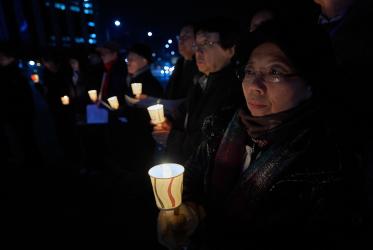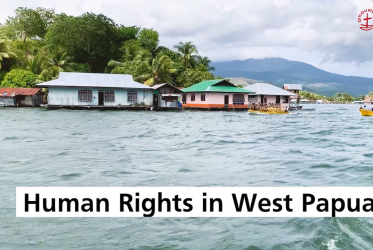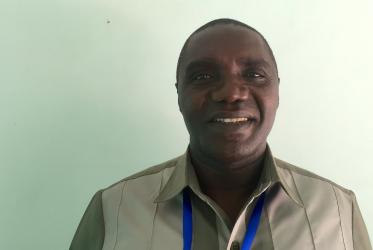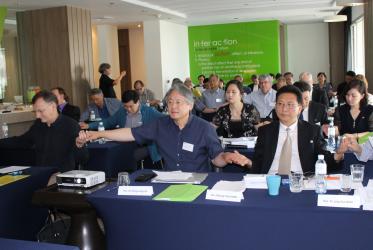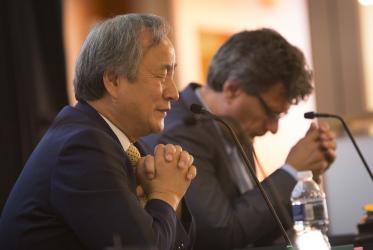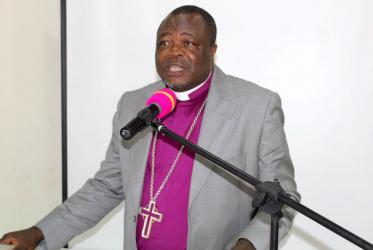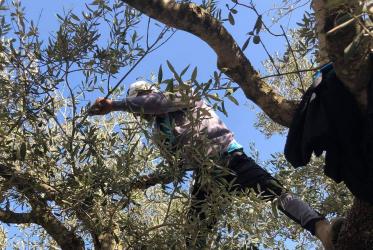Displaying 1 - 14 of 14
WCC video interview describes human rights crisis in West Papua
13 January 2022
Peace and unity on the Korean Peninsula matters globally
25 February 2021
Bishop Hee-Soo Jung: “Prayer is a radical action”
11 December 2020
Cameroon conference on peace empowers religious leaders
30 November 2020
“Your life is in peace when you collect the olives"
29 October 2020



